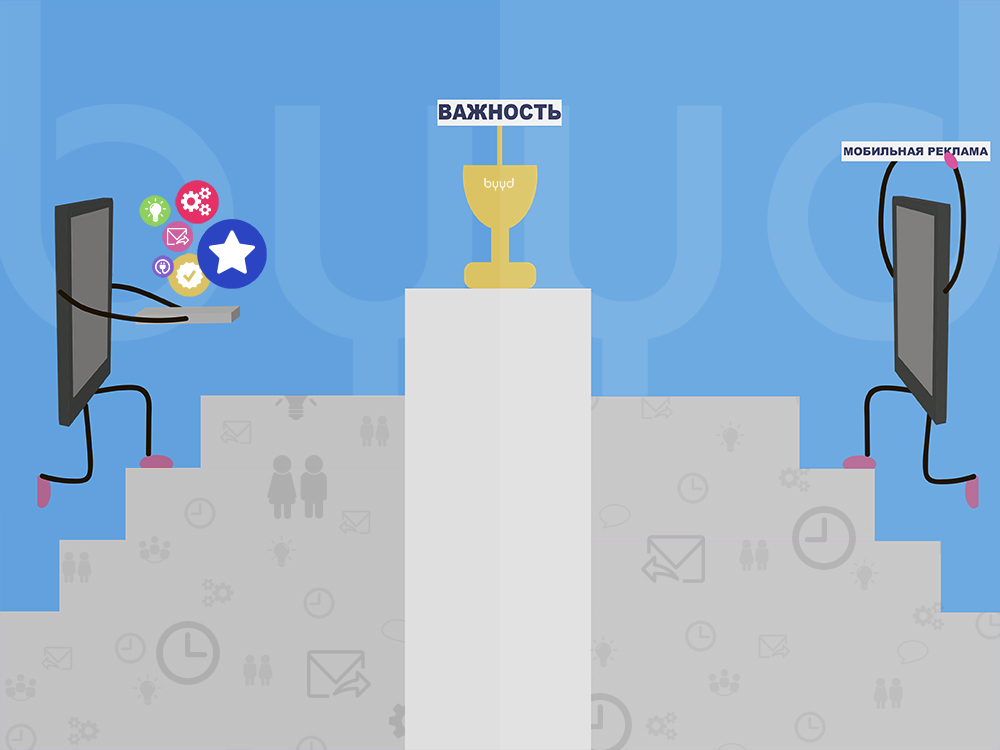Mobile vs. mobile apps: what's more important?

When you build a large database of consumers, mobile devices are one of the finest sources of information available to you. If you ask Starbucks, you will be answered that the mobile and digital world is a great gift in the context of focusing on exceptional leadership. Last year, the company said it made management shifts specifically to release CEO Howard Schulz so that he could focus on integration with digital technology as a primary concern.
While Starbucks calls mobile advertising a key component of a large digital strategy, one can argue with whether mobile advertising is really important enough to make it the only component of the strategy. In fact, many analysts recommend doing this, stating that mobile advertising is the first, if not the only thing that a company's digital presence should focus on.
What makes mobile so significant? Basically, analysts call such reasons as a great consumer experience. And, moreover, this is the main way by which many people perceive the world today - where they get news from, where they communicate with families and friends. This becomes the only way through which they receive information about your company, and this is the means through which your company can recognize the consumer, based on the information that you received from interacting with the phone.
Think strategically.
The next question that you should ask yourself is what should be your mobile strategy? And it all comes down to two things: applications or advertising. Are you going to invest in a mobile application through which customers will communicate with you, or do you intend to invest in mobile marketing and advertising, which should demonstrate your business to customers? Or will you choose both options at once? If so, will you divide the budget into equal parts? Or to whom give a little more?
These are all important issues for any company, and especially for startups or small companies with their limited budgets for mobile presence. And your answers will depend on your company and its goals. You can’t say exactly which way to go, but you can highlight the attractive sides of both options, and this will help you make an informed decision.
Advertising creates recognition and pushes to action.
Mobile advertising is growing at an incredibly fast pace so that it is hard to believe that Nielsen began to conduct media measurements in this area only in 2013. Since then, according to the eMarketer report, mobile advertising has taken up more than half the cost of digital advertising in 2015.
Based on this, you might think that mobile advertising is definitely the way to a profitable cost. If your goal is to improve parameters, such as the intention to buy or the desire to recommend you, you are right. According to comScore, mobile ads are 4 times faster than desktop ads in these categories. The indicators are also twice as high in the field of creating a positive attitude and almost three times as high as the induced recognition.
Applications increase customer loyalty and provide a unique experience.
Mobile advertising is growing rapidly, but many companies today are focusing more on digital technology than on digital advertising. According to the head of Starbucks, applications increase the revenue of companies, because they provide a short and quick way to purchase goods. E-commerce is an area in which mobile applications can prove themselves. Moreover, many applications are exciting and useful, and therefore create high customer loyalty. In addition, apps are a great source of customer information. They can transmit information about where the consumer is at a particular point in time.
So what to choose?
Although the focus of your mobile costs depends on the goals of the organization, for most startups and small companies, a combination of the two methods could be a great option. Think about what you want to achieve and make appropriate decisions. BYYD • Mobile Advertising Platform

